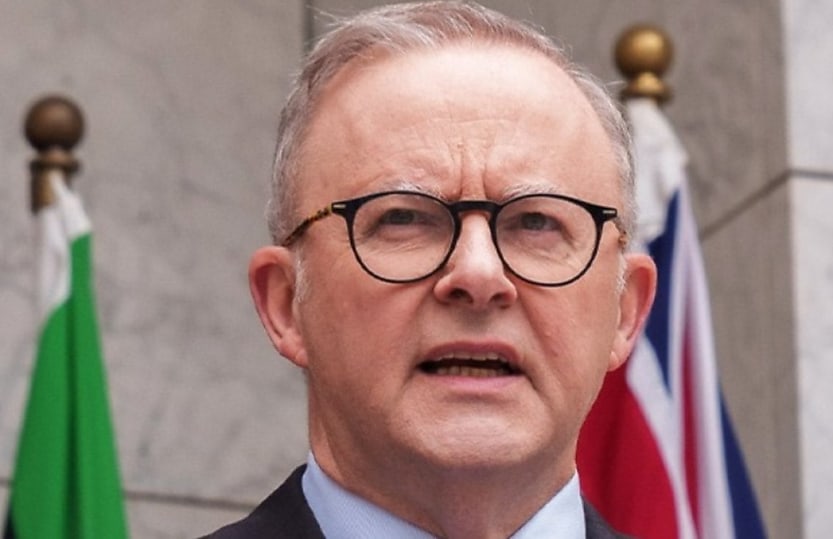Experts take aim at PM’s big competition gamble

Familiar battle lines have been drawn over the expected impact of Labor’s Future Made in Australia package on Australia’s domestic and global industrial competitiveness.
Labor’s sustainable industrial reform package will cost hundreds of billions and Prime Minister Anthony Albanese is banking on government subsidies to map the transition.
In announcing Labor’s incentivised manufacturing package, Prime Minister Albanese said, “This is not old-fashioned protectionism or isolationism – it is the new competition.”
The Future Made in Australia Act will become home for all new and existing manufacturing subsidies and streamline private capital investment while cutting approval times.
Japan, South Korea, the US, Canada, and the EU, “All these countries are investing in their industrial base, their manufacturing capability and their economic sovereignty.”
The Australian Industry Energy Transitions Initiative estimated a clean energy and industrial system would cost an additional $225 billion by 2050, a challenge that Treasurer Jim Chalmers referred to as “huge, but not unprecedented.”
The package will aim to keep Australia competitive by international standards, but many have raised concerns the reform might complicate economic competition within the country.
Questions are yet unanswered regarding the share of public-private investment to be subsidised under the policy.
Chalmers wrote the aim is to “incentivise the private sector, not replace it.”
“Anything the government does will only ever be a tiny sliver of what’s needed. Private investment will and should continue to do most of the heavy lifting.”
The Prime Minister said the reform package will channel investment towards industries and entities needed for economic growth and a green transition.
“This means looking at how government procurement can support small businesses and local manufacturing, as well as sustainability and the circular economy,” he said.
He added that “critically – none of this is being left solely to market forces or trusted to the invisible hand.”
Tim Buckley, director of think tank Climate Energy Finance, said: “Australia can’t rely on the traditional notion of free markets in international trade and competition.”
“State intervention is the new competition,” he added.
Bran Black, chief executive of the Business Council of Australia, wrote that competition reform “must be at the heart” of the Future Made in Australia program.
“We will need to see the detail of how projects will be funded, planning co-ordinated and facilitated, and no further changes in areas such as workplace relations which make Australia uncompetitive.”
He added the BCA has been supportive of a policy response to the US’ Inflation Reduction Act but that unresolved competition issues might limit the confidence of private sector investors.
Gary Banks, the founding chair of the Productivity Commission said the offer of subsidies, including tax concessions, was a “fool’s errand” in the absence of competitive fundamentals.
“When it comes to industry policy the most important general lesson from Australia’s chequered past is that the only approach that can be relied on to be nationally beneficial is one that enhances the economic environment for industry as a whole,” he said in a speech given on Wednesday night at The Road Ahead conference in Fremantle.
“It would seem from what information is available about this initiative that Australia is in danger of repeating the wrong history.”
The reforms would encourage companies to divert their attention from firm performance towards securing government support, he said, which could have negative consequences on competition by further entrenching “political favourites.”
The risk is that the government will sponsor businesses that “will never be internationally competitive, creating a long-term dependency on public support at significant net cost to the wider economy and community.”
Naiose McDonagh, senior lecturer in Edith Cowan University’s business and law school, said the Prime Minister’s rationale for the reform was “as succinct as it is paradoxical” and represented a shift away from Canberra’s “historical aversion to large-scale economic intervention.”
“Australian governments have historically rejected protectionist industrial policies that undermine fair competition,” he wrote.
McDonagh concluded that the new strategy poses many risks but that “doing nothing at all in the face of a historic global economic change” could be the bigger gamble.






